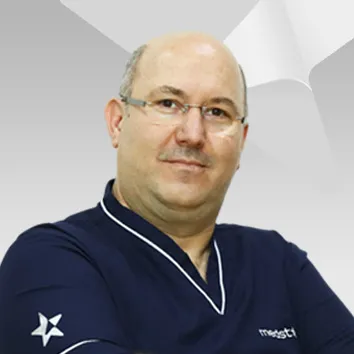Oral and Maxillofacial Surgery
Oral and maxillofacial surgeries refer to the branch of dentistry that deals with the diagnosis and surgical treatment of injuries, ailments and any kind of defects for either aesthetic purposes or functional requirements of oral and maxillofacial areas of the face. This branch also performs cosmetic procedures to rectify the defects of jaws, mouth and facial features.
Procedures Performed
- Injury and trauma surgery
- Dental implants
- Jaw corrective surgery
- Oncology surgeries and removal of tumors in the facial region
- Facial and oral reconstructive and cosmetic surgery
- Cleft lip and palate surgery
Recovery
Not all oral and maxillofacial surgeries are complex or involve lengthy procedures. Although, care needs to be taken after such procedures to ensure that the recovery and healing process is effective. Patients can return to active work within a couple of days. In complex procedures, rest and recuperation can take up to weeks or months. Diets recommended by the surgeon need to be followed. Regular rinsing of the mouth and routine soft brushing is advised. Post reconstructive surgery, patients can experience a change in speech too. Scars may take a few months to heal.
Our Doctors

FAQ
- How is cleft lip and palate treated?
- What to expect after cleft palate surgery?
- How long to recover from cleft palate surgery?
- Who is an oral and maxillofacial surgeon?
- How much time a bone graft take to heal?
- Where does dental bone graft come from?
- What is a bone graft for a tooth implant?
- What are temporomandibular joint disorders?
- Are temporomandibular joint disorders curable?

